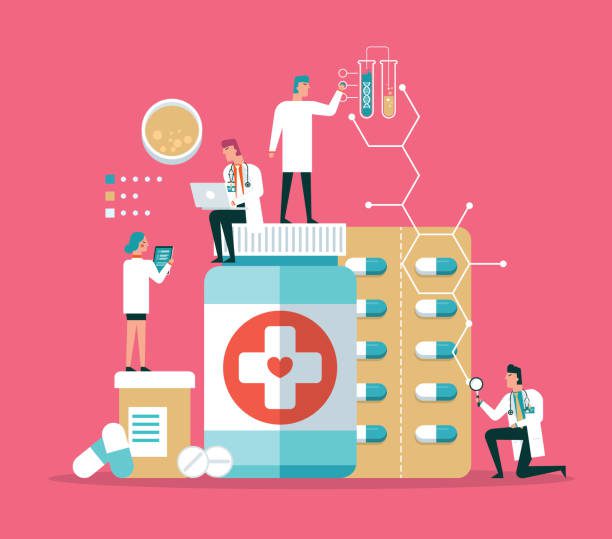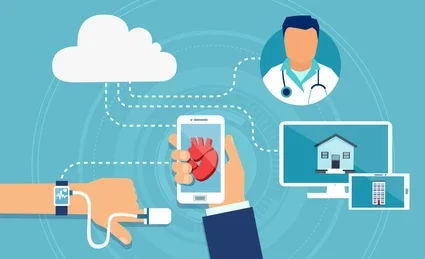
The Importance of Clinical Trials in Advancing Healthcare
Clinical trials are the cornerstone of medical progress, serving as a bridge between scientific discoveries and effective treatments for patients. These meticulously designed studies are essential for evaluating the safety, efficacy, and potential risks of new drugs, therapies, and medical devices. By advancing our understanding of diseases and treatments, clinical trials play a vital role in shaping the future of healthcare.
What Are Clinical Trials?
Clinical trials are research studies conducted on human participants to assess the effectiveness of medical interventions. These interventions can include:
- New drugs or therapies.
- Surgical techniques or medical devices.
- Behavioral interventions or lifestyle modifications.
Clinical trials follow a structured process to ensure that the results are accurate, reliable, and applicable to real-world healthcare settings.
Key Benefits of Clinical Trials
- Improved Patient Outcomes:
- Clinical trials enable the development of innovative treatments that can save lives and improve the quality of life for patients.
- They offer patients access to cutting-edge therapies before they become widely available.
- Safety and Efficacy Evaluation:
- Clinical trials rigorously test new interventions to ensure they are both safe and effective.
- Adverse effects and potential risks are carefully monitored during all phases.
- Advancement of Medical Knowledge:
- These studies provide invaluable insights into diseases, leading to a deeper understanding of their causes and progression.
- They also help identify optimal dosages and treatment regimens.
- Support for Personalized Medicine:
- Clinical trials contribute to the development of treatments tailored to individual genetic profiles, enhancing the effectiveness of therapies.
The Clinical Trial Phases
- Phase I:
- Focus: Assess safety, tolerability, and dosage.
- Participants: Small groups of healthy volunteers.
- Phase II:
- Focus: Evaluate efficacy and gather additional safety data.
- Participants: Patients with the condition of interest.
- Phase III:
- Focus: Confirm effectiveness, monitor side effects, and compare with standard treatments.
- Participants: Large-scale patient groups across multiple locations.
- Phase IV (Post-Marketing):
- Focus: Monitor long-term safety and effectiveness in real-world settings.
Challenges in Clinical Trials
While clinical trials are vital, they come with challenges:
- High Costs and Time-Intensiveness: Developing a new treatment can take over a decade and billions of dollars.
- Recruitment Difficulties: Finding eligible and willing participants is often challenging.
- Ethical Considerations: Ensuring informed consent and participant safety requires strict adherence to ethical guidelines.
The Role of Clinical Trials in Public Health
Clinical trials not only benefit individual patients but also contribute to public health by providing evidence-based solutions for global health challenges. They help in combating emerging diseases, improving vaccination strategies, and addressing unmet medical needs.
Conclusion
Clinical trials are indispensable in advancing healthcare by transforming scientific discoveries into practical treatments. They ensure that new interventions are safe, effective, and beneficial for patients while expanding our understanding of medical science. By participating in and supporting clinical trials, we contribute to a healthier, more innovative future for all.


























































